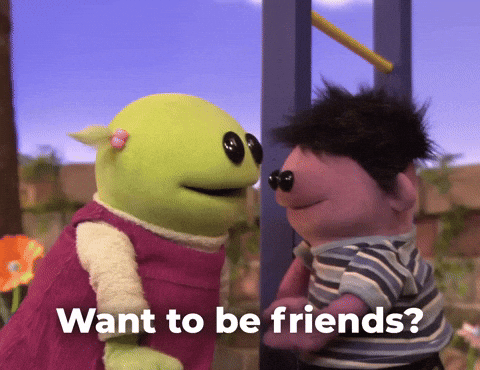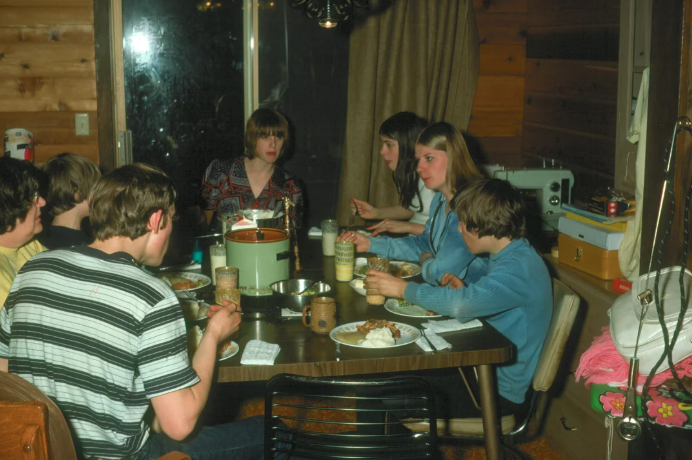I was 20 years old when I first heard the word “bipolar.” I was in a sterile, white room: a room with stained walls and cold, metal chairs. There were marks on the floor. Scuffs and crumbs and wisps of unswept hair. But that didn’t bother me. Not really. What bothered me was my new diagnosis.
Bipolar.
I wasn’t sad or depressed, I was bipolar.
I’d be lying if I said I accepted my new label with grace. I mean, I started taking medication. Depakote. I went to therapy, as my psychiatrist suggested, and I attempted to make progress. I really, really tried. But I didn’t believe I was sick, or at least not as sick as they were telling me, and after a few months, I stopped taking my meds — something which, over the last 16 years, I have done time and time again. But it didn’t end well. It never ends well. And during my “withdrawal,” my body began reacting.
Within days, I was exuberant, elated, and happy. I was working more and sleeping less. I was talkative. Very talkative. I text dozens of friends, friends who I hadn’t spoken to in years, and I was confident. Hypomania was setting in. I also pitched hundreds of story ideas. I wrote more articles than I can count. Oh, and I dyed my hair. Over the span of a week, I sported three different shades. But I was seeing things. Hearing voices. The walls had eyes. My world was closing in. And I was drinking to manage. To deal. To cope.
I was also suicidal. When I am manic, I am always suicidal.
But why then did I stop my pills? Why did I put myself and my wellbeing at risk? Because I have a mental health disorder. Specifically, I live with bipolar disorder, and one of the symptoms of my illness is impulsivity. Mania and hypomania is marked by reckless decisions. And stopping my pills? That was brash and careless. It was negligent and thoughtless, and it was reckless. It was textbook bipolar behavior.
But mania and hypomania aren’t the only manifestations of my illness. Bipolar disorder is a serious mental health disorder, one that affects 2.3 million Americans, and in order to be diagnosed with this condition, one must experience elation and sadness. Those with bipolar experience manic highs and depressive lows—and I would know.
While my most recent swing was up, I have spent many days down. My depressive episodes are frequent, dark and morose.
You see, when I am depressed, I am discouraged and despondent, helpless and hopeless, and I feel numb. I am suffocated by a curtain I cannot see. I am stuck behind a wall which does not exist, and I am tethered to a pole by an imaginary rope.
I run laps like a caged animal. I beg for someone—anyone—to throw me a bone.
When I am depressed, I miss deadlines and lack motivation: To work. To parent. To run, read, or shower.
When I am depressed, I want to be alone. I need to be alone. Seeing people being and breathing is too painful. Watching others live their life hurts. And when I am depressed I feel guilty for thinking these things. For feeling these things. Everything becomes a chore.
“Bipolar disorder (formerly called manic-depressive illness or manic depression) is a mental disorder that causes unusual shifts in mood, energy, activity levels, concentration, and the ability to carry out day-to-day tasks,” the National Institute of Mental Health writes. Those living with bipolar “experience periods of unusually intense emotion, changes in sleep patterns and activity levels, and uncharacteristic behaviors — often without recognizing their likely harmful or undesirable effects.”
Of course, as with any illness, the symptoms of bipolar vary from person to person and patient to patient; however, those living with bipolar will experience periods of depression, mania and/or hypomania.
“Mania and hypomania are two distinct types of episodes,” the Mayo Clinic explains, “but they have the same symptoms, [including but not limited to feeling] abnormally upbeat, jumpy or wired; [having] increased activity, energy or agitation [and/or an] exaggerated sense of well-being and self-confidence (euphoria); [experiencing a] decreased need for sleep… [and engaging in] poor decision-making.”
Those with depression will experience feelings of numbness, sadness, tearfulness, hopelessness, and helplessness. They may experience weight loss or weight gain, and depression can exacerbate feelings of worthlessness and guilt. Fatigue and a general loss of motivation and energy can also occur.
The good news is most days I am stable. I am balanced. Thanks to therapy and medication, I am living somewhere “in between.” Most days I wake feeling fine. I am able to parent. To work. To function. I am a good employee. A caring wife. A loving mother, and an (overly invested) friend. I can also roll with the punches. I don’t cry over cold coffee or breakdown when I spill milk. I also don’t drink. I am able to keep the manic demons at bay. Plus, I know how to manage my illness when I am not. I run. I rest. I speak with my therapist more frequently. If necessary, I ask my psychiatrist to adjust my meds, and I implement my crisis intervention plan, a document which includes tangible steps I can take if and when I am feeling manic or depressed.
But being well isn’t easy. It takes patience and hard work. It also takes a little faith and a whole lot of luck, but it is worth it.
I am worth it.
If you or someone you know is struggling, know this: You are not alone. There is help. There is hope. For more information about bipolar disorder and/or resources about substance abuse or other mental health disorders, call the visit SAMHSA’s website or call the National Helpline at 1-800-662-HELP (4357).
































